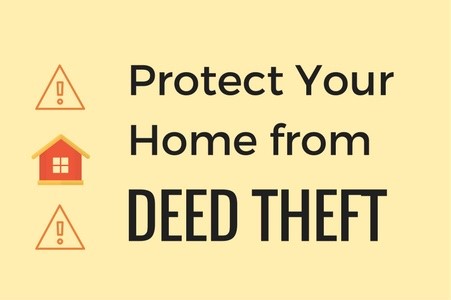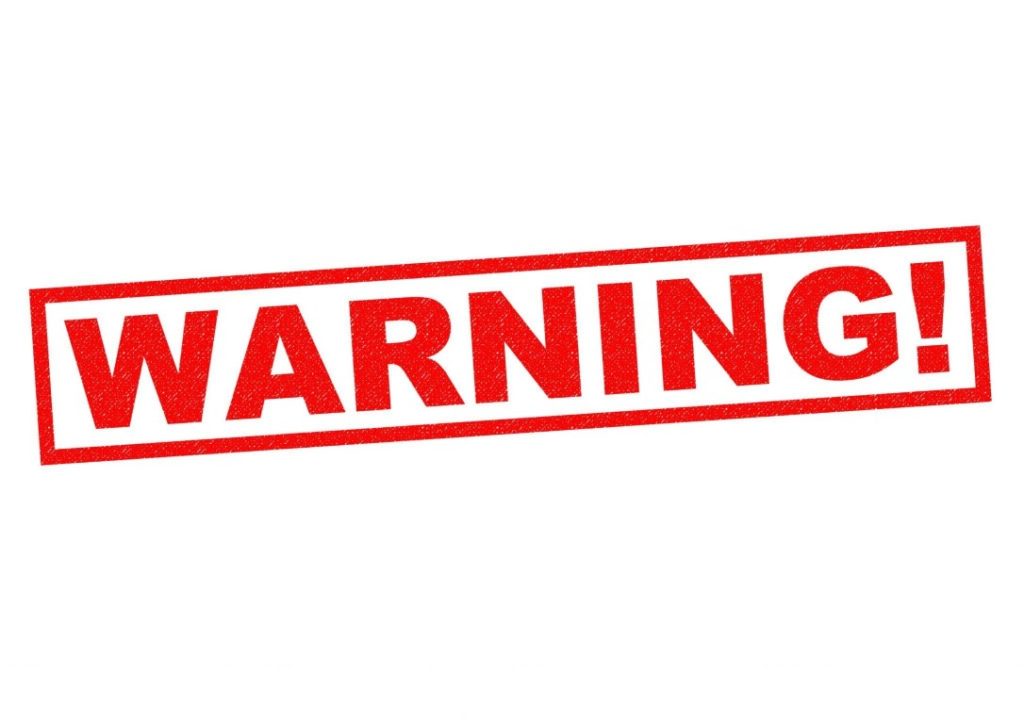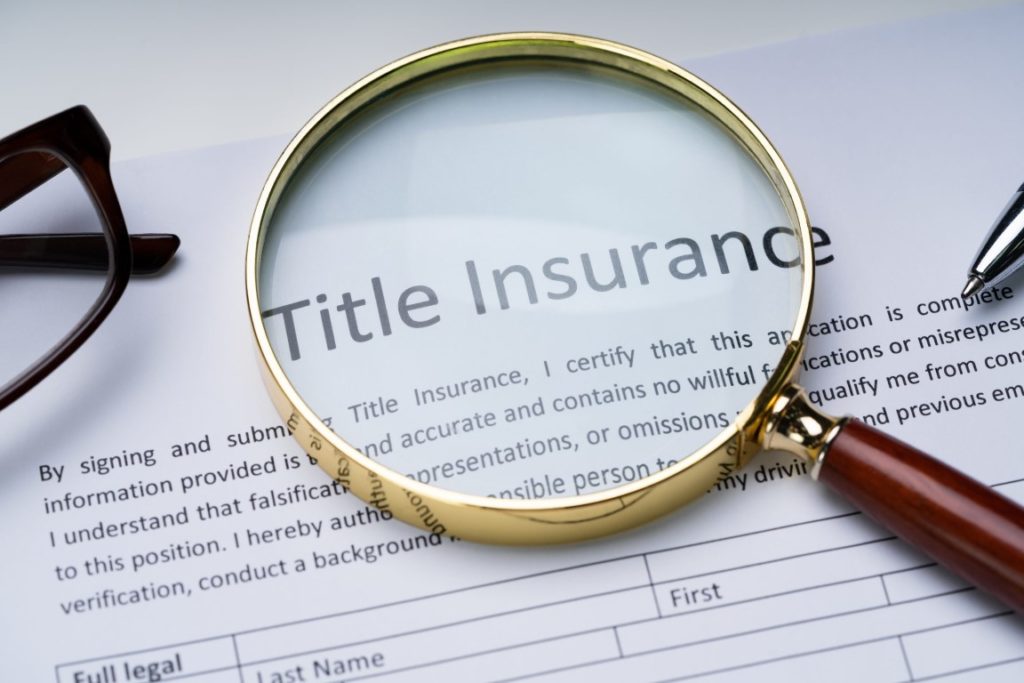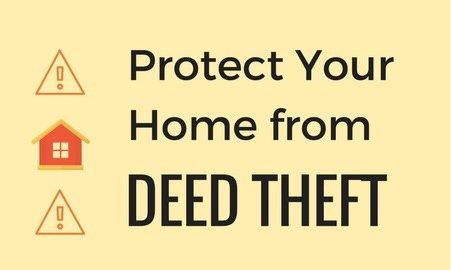While most people have heard of identity theft, there is a little-known aspect of it that many don’t know: DEED FRAUD. Deed fraud occurs when someone steals your identity, forges your name on a deed, and takes the title to your home. Scary stuff! And getting your home back after becoming a victim of deed fraud is no simple matter.

HOW DEED FRAUD OCCURS
A common scenario for deed fraud happens when there is a deceased previous owner. Also known as “property title theft” and “identity theft house stealing”, deed fraud happens when scam artists scan the obituaries looking for homes that are vulnerable due to the death of the owner.
If a family member dies, you should consider initiating probate of the estate quickly while also checking the registry of deed to make sure no activity is happening with the real estate owned by the deceased.
Vacation homes, abandoned homes and unoccupied homes are the most vulnerable to deed fraud, but sometimes scammers even target homes that are occupied. Sometimes the perpetrators will live in the homes. Other times, they will sell the property to a buyer who has no idea what is happening, which can really make things complicated.

3 WARNING SIGNS OF DEED FRAUD
These are signs to look out for that may mean you have become a victim of deed fraud:
- UNPAID BILLS – If you receive a notice for an unpaid tax, mortgage, water bill OR have not received a water or tax bill that you should have received because your identity thief has changed the address to which the bills are sent to hide their crime.
- NOTICE OF FORCLOSURE – If you receive a notice of foreclosure when you don’t even have a mortgage, you know there is trouble brewing.
- SIGNS OF LIFE – If you see evidence of someone living in a home that should be unoccupied, there is a good chance fraud is taking place.
You may be wondering how this can happen so easily and why the registry of deeds doesn’t screen deed recordings in a way that prevents fraud. The thing is, when recording deeds, the registries of deeds check to be sure the format of the deed is correct and that it is signed, and the signature is notarized. But it may not be part of their job to compare signatures on record for forgeries or otherwise look into the legitimacy of the deed.
3 THINGS YOU CAN DO TO HELP PROTECT YOURSELF FROM DEED FRAUD
- Monitor your credit reports
Federal law gives you the right to get a FREE copy of your credit report from each of the three major credit reporting agencies: Equifax, Experian, and TransUnion. By monitoring your credit report, you will be able to see if there are financial actions taken by others using your name. How to Get Your Credit Reports
You can also purchase credit monitoring through various Identity Theft Protection Services.
- Check the status of your deed
Your local registry of deed may possibly be accessed online. If this is the case where your property is, you can regularly check on the status of your deed and confirm that nobody has done anything affecting your property ownership. Check with your local registry of deed to see if the provide services whereby you will be notified if actions are taken that affect your property. If they do, it’s a good idea to sign up for said services.

- Consider buying an owner’s title insurance policy
Title Insurance may offer ample protection from problems caused by deed fraud while also covering the costs involved in correcting the issue.
While deed fraud may not happen very often, one victim of it is one too many. So, it’s best to be aware of the things you can do to protect yourself and your home!
Are you thinking of buying a home or selling your current home in New River Valley, VA? Then it is time to contact Desi Sowers, your New River Valley, VA real estate resource! Give her a call today at 540-320-1328!
Photo Credits: citybarjusticecenter.org, askyourlawyer.com, liffwalsh.com

